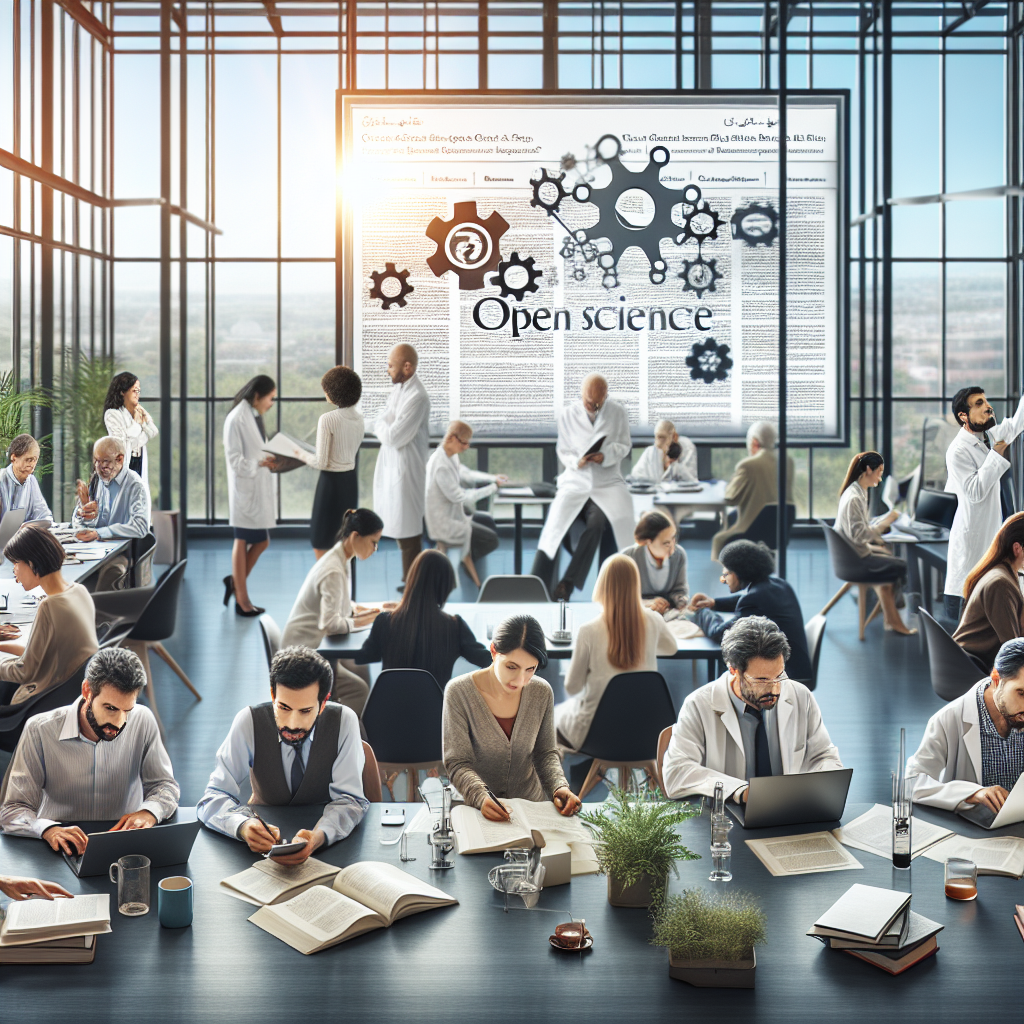
Publishing in the Age of Open Science: Key Insights from a Groundbreaking Workshop
Introduction to Open Science in Chemistry
The National Academies of Sciences, Engineering, and Medicine (NASEM) recently conducted a significant workshop titled “Publishing in the Age of Open Science”. This enlightening event took place on February 21-22, 2024, focusing on the transformative landscape of open access and FAIR data practices in chemistry and chemical engineering.
What is Open Science?
Open science is a philosophy that advocates for transparency and accessibility in scientific research. Fundamental to this approach are the FAIR data principles, which ensure data is:
- Findable
- Accessible
- Interoperable
- Reusable
The Workshop’s Focus
Throughout the two-day workshop, participants delved into various facets of publishing in the context of open science, emphasizing the benefits and challenges of adopting open access and FAIR practices in academic publishing.
Key Benefits of Open Science
Enhancing Research Accessibility
Open science democratizes access to scientific knowledge, allowing researchers, educators, and the general public to engage with new findings without financial or informational barriers. This enhances the dissemination and utilization of research, leading to accelerated scientific advancements.
Fostering Collaborative Innovation
By making data openly available, researchers can collaborate more effectively, fueling innovation across various fields, particularly in multidisciplinary studies. This is crucial in fields like chemistry and chemical engineering, where cross-discipline collaboration is common.
Challenges in Implementing Open Science
Data Security and Privacy Concerns
Open access can sometimes raise concerns about data security and privacy. It’s imperative to balance transparency with protecting sensitive information. This challenge is particularly poignant in chemical engineering, where proprietary data might be involved.
Sustainability of Open Access Models
Ensuring the financial sustainability of open access models is a continuous challenge. The workshop highlighted the need for innovative funding mechanisms to support open access without compromising the integrity or reach of scientific research.
Spotlight on Case Studies and Success Stories
During the workshop, participants examined numerous case studies demonstrating the successful implementation of open science practices. These examples provided valuable insights into overcoming challenges and maximizing the benefits of open access and FAIR data principles.
Successful Implementation in Chemistry
One notable success story shared involved a consortium of universities that implemented an open-access repository for chemistry data. This initiative enhanced research visibility and collaboration, leading to significant breakthroughs in chemical synthesis techniques.
Future Directions in Open Science
Integrating Advanced Technologies
Participants explored the integration of technologies such as artificial intelligence and blockchain in enhancing open science practices. These technologies can streamline data processing, enhance security, and provide better analytics, furthering the reach and impact of open-access research.
Policy and Framework Development
There was consensus on the need for robust policy development to support open science initiatives. This includes creating standardized frameworks and guidelines to ensure consistency and reliability in the adoption of open access and FAIR practices.
Conclusion
The “Publishing in the Age of Open Science” workshop marked a significant step forward in understanding and embracing open access principles in chemistry and chemical engineering. By addressing both the benefits and challenges, stakeholders have a clearer path towards a future where scientific research is more accessible, collaborative, and impactful.
As the scientific community continues to evolve, open science will undoubtedly play a crucial role in shaping the next generation of research and innovation.
Source: https://www.infodocket.com/2025/02/18/proceedings-of-a-workshop-in-brief-publishing-in-the-age-of-open-science/

